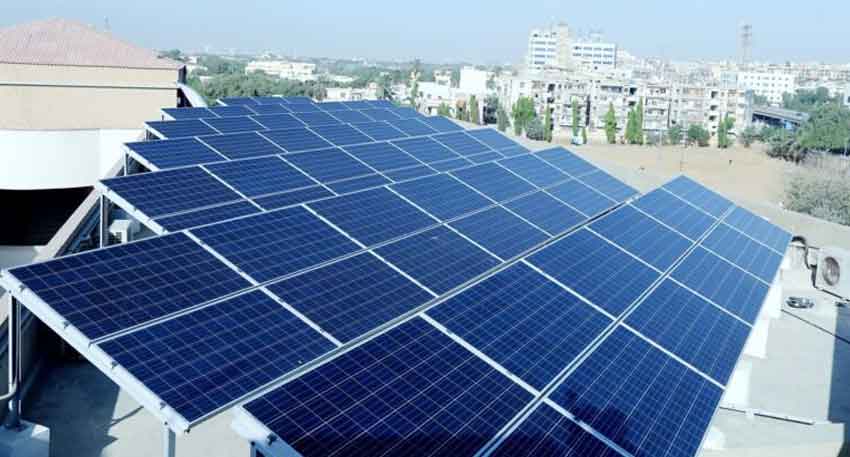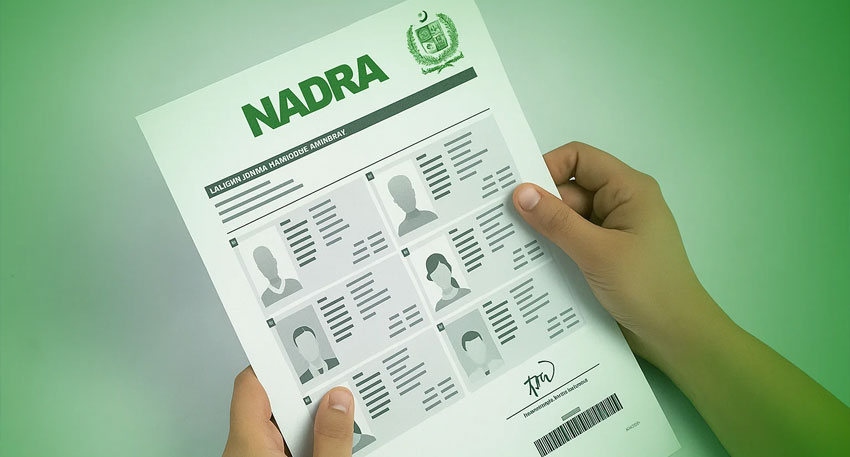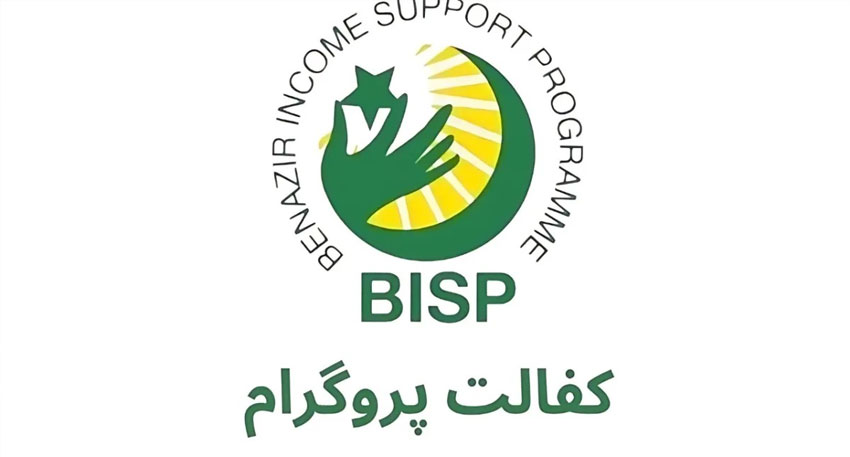
A new report by UK-based energy think tank Amber reveals that Pakistan imported 17 gigawatts (GW) worth of solar panels in 2024—more than double its 2023 figures—positioning it as one of the fastest-growing solar markets globally.
Unlike many countries where solar adoption is driven by state subsidies or government-led programmes, Pakistan’s solar boom has been largely organic, powered by individual households, consumers, and small businesses.
These groups are turning to solar as a cheaper and more reliable alternative to the national grid, which continues to struggle with rising costs and frequent outages.
Also read: Solar panel prices witness significant reduction
The report describes this surge as a “grassroots energy revolution,” noting that the expansion occurred without major public programs, foreign aid, or infrastructure overhauls.
It’s estimated that solar panels installed in the fiscal year 2024 contributed to nearly half of the country’s total electricity demand. However, most of these systems are off-grid, meaning their impact isn t reflected in official national power generation data.
Experts see this shift as a sign of growing public disillusionment with the traditional energy system.
While the government has taken some steps—like allowing net metering and relaxing import restrictions—there are concerns about the grid’s capacity to handle a more decentralized energy landscape. Energy experts are calling for urgent reforms to align national infrastructure with this changing reality.
These concerns were amplified by the federal government’s recent decision to reduce net metering buyback rates, effectively lowering the compensation solar users receive for feeding excess energy back into the grid.
The move drew backlash from industry stakeholders, who warned it could undermine investor confidence and slow down the solar momentum.
Following this announcement, solar panel prices have plummeted across the country, particularly in Sindh—dropping up to 25%. For instance, a high-quality 585-watt panel that previously cost Rs22,000 now sells for around Rs16,500.
While lower prices may benefit consumers in the short term, industry insiders caution that frequent policy changes—like reduced buyback rates—could jeopardize the sector’s long-term growth and deter future investment.


